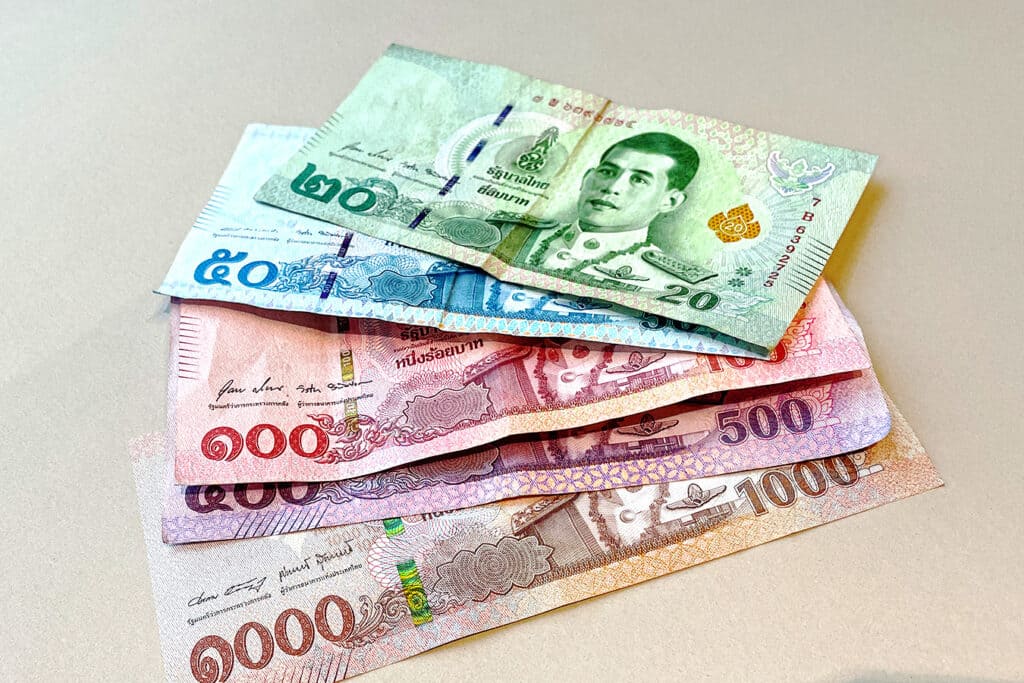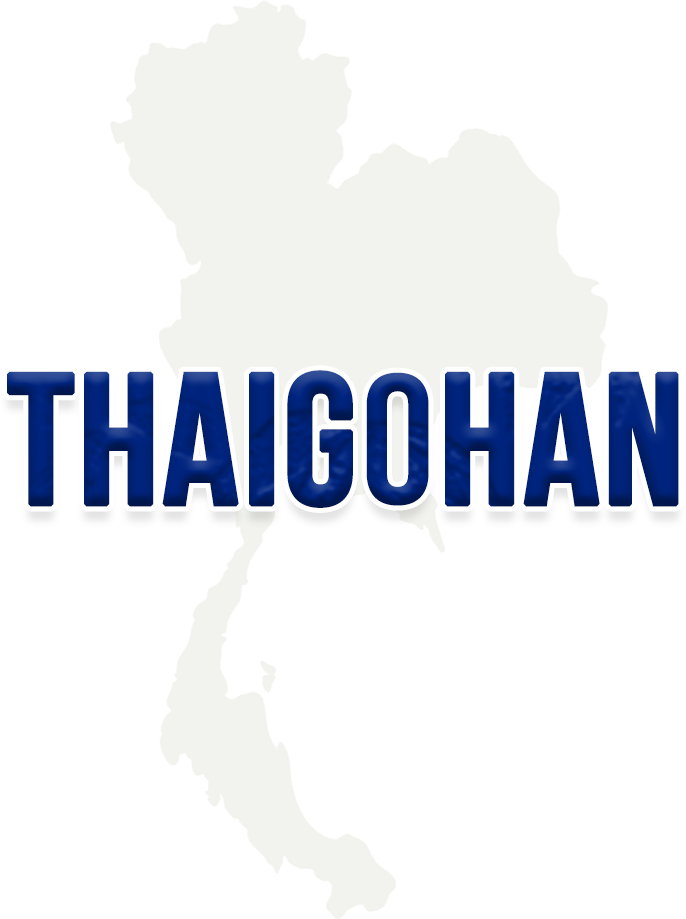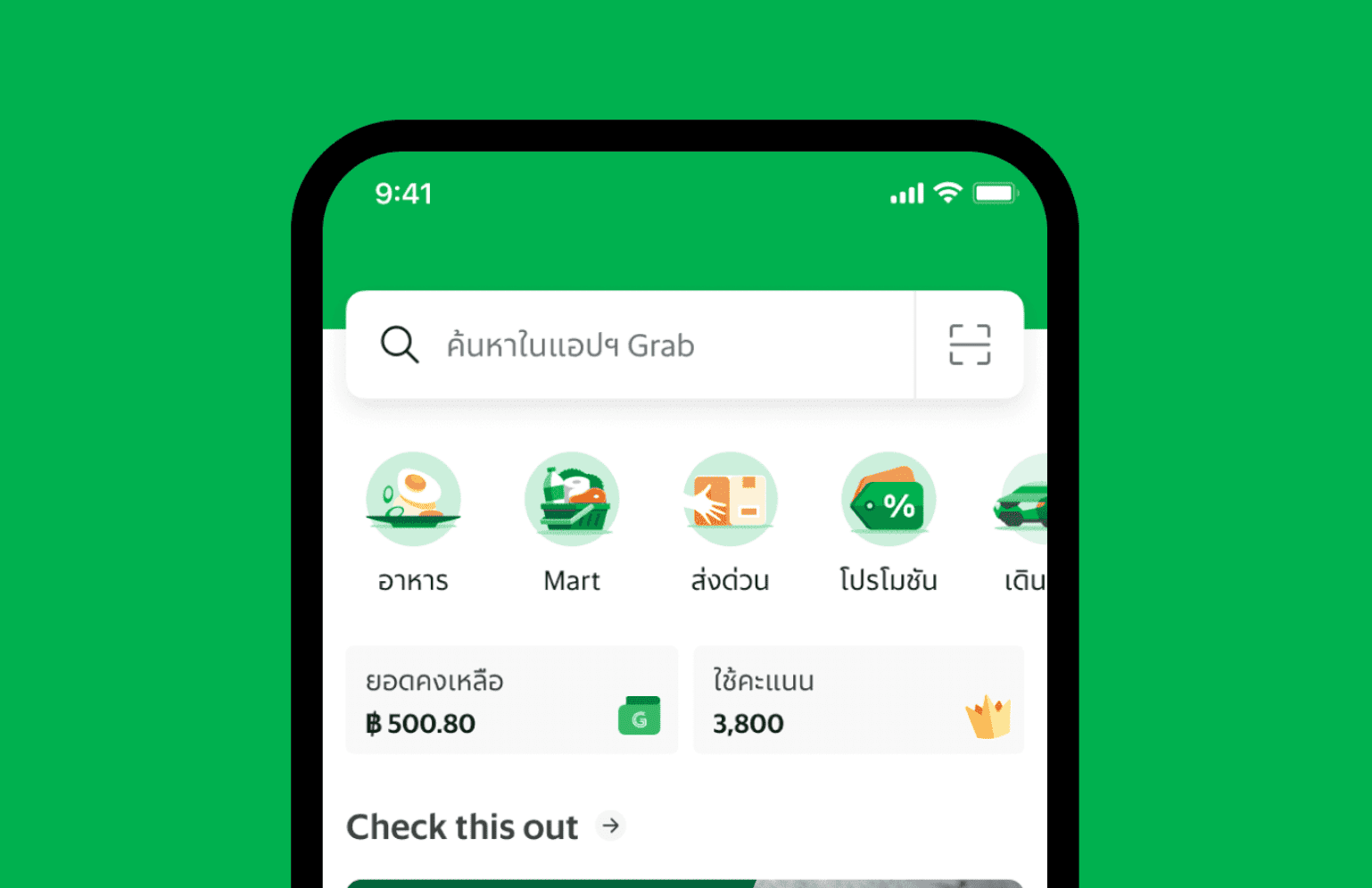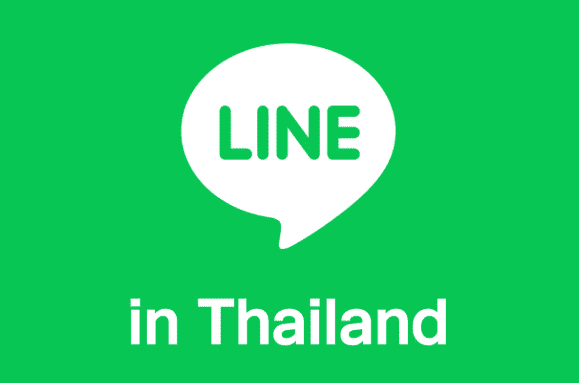Do You Need to Tip in Thailand? A Complete Guide by Situation: Hotels, Massage, Restaurants

Tipping can be confusing for travelers, especially when visiting a country like Thailand, where the tipping culture is not as strict or formal as in Western countries. While tipping is not mandatory in Thailand, a small tip is a polite way to show appreciation for good service—and it’s often expected in certain situations.
In this article, we’ll explain when to tip, how much to give, and how to do it properly in common travel scenarios such as hotels, restaurants, spas, taxis, and more.
目次
- 1. Tipping Culture in Thailand: The Basics
- 2. When Tipping Is Expected vs. Not Necessary
- 3. Hotel Tipping: Amounts and Etiquette
- 4. Restaurant Tipping: Local Rules and Amounts
- 5. Massage and Spa Tipping Guidelines
- 6. Taxi and Ride-Hailing App Tipping
- 7. Tipping Tour Guides and Drivers
- 8. Preparing Small Cash for Tips
- 9. When and How to Give a Tip Politely
- 10. Conclusion: Tipping as a Gesture of Gratitude
1. Tipping Culture in Thailand: The Basics
In Thailand, tipping is not compulsory, but it is a common and well-received gesture of appreciation. Even small tips are usually met with a grateful smile, and it’s a simple way to acknowledge good service.
2. When Tipping Is Expected vs. Not Necessary
Tipping is generally expected in these situations:
- Hotel staff (porters, housekeeping)
- Massage and spa therapists
- Waitstaff in restaurants (especially upscale ones)
- Tour guides and private drivers
Tipping is usually not required at:
- Food courts and fast-food chains
- Convenience stores and supermarkets
- Metered taxis (though small round-ups are polite)
3. Hotel Tipping: Amounts and Etiquette
- Porters: 20–50 THB per bag when they help with your luggage
- Housekeeping: 20–50 THB per night, left on the bedside table
- Butler or concierge: If they provide extensive service, consider 100 THB or more
It’s better to tip at the time of service rather than only at check-out.
4. Restaurant Tipping: Local Rules and Amounts
- Upscale or tourist-focused restaurants: If the bill doesn’t already include a service charge, tipping 5–10% of the total is appropriate.
- Local eateries and street food: Not expected, but leaving 10–20 THB if service is great is appreciated.
Tip: Check the receipt for a “Service charge”—if it’s already included, an extra tip is not necessary.
5. Massage and Spa Tipping Guidelines
- Thai massage or foot massage parlors: 50–100 THB per hour is common
- High-end spas in hotels: 5–10% of the service price is standard
You can tip at the counter or directly to the therapist with a smile and “Thank you” or “Khob khun ka/krap.”
6. Taxi and Ride-Hailing App Tipping
- Metered taxis: Tipping is not expected, but rounding up the fare (e.g., pay 100 THB for a 92 THB fare) is polite
- Grab and other ride-hailing apps: Tipping can be done in the app, with 10–20 THB being typical
Drivers usually appreciate it, especially for long or difficult trips.
7. Tipping Tour Guides and Drivers
- Group tour guides: 100–200 THB per day is a good benchmark
- Private drivers: 50–100 THB per service, depending on distance and quality
Tips are usually handed over at the end of the tour or trip.
8. Preparing Small Cash for Tips
Make sure you carry small bills (20s and 50s) and coins. After exchanging currency, it’s wise to break large bills at convenience stores or cafes to have tipping cash ready.
9. When and How to Give a Tip Politely
- Give tips right after the service whenever possible
- Say a simple “Thank you” or “Khob khun ka/krap” (female/male speaker)
- Handing the tip directly is preferred, but leaving it on the table or pillow is also acceptable
A smile goes a long way—tipping is as much about the gesture as the amount.
10. Conclusion: Tipping as a Gesture of Gratitude
In Thailand, tipping is a way to express gratitude rather than meet an obligation. While it’s not enforced or expected everywhere, small tips for good service can leave a lasting positive impression—for both you and the person you’re thanking.
The amount isn’t the focus—genuine appreciation is. By tipping thoughtfully, you show respect for Thai hospitality and contribute to a better travel experience for everyone.




